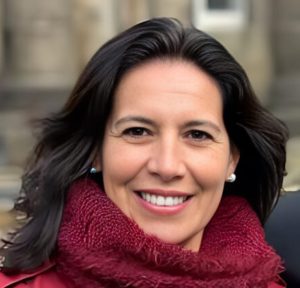
Vice-Rector, USFQ
Director, Aquatic Ecology Laboratory, BIOSFERA Research Institute, USFQ
Adjunct Professor, Geography, UNC-CH
In my lab, my students and I study the diversity and ecosystem processes of freshwater ecosystems. We have mostly studied rivers in the Andean-Amazon region but have recently started also studying the enchanting freshwater ecosystems of the Galapagos. Given the recent geological formation of the Galapagos Archipelago, the freshwater ecosystems therein are relatively new and in formation, and studying the properties of the different habitats is fascinating, because highly active geological chemistry and physical geomorphology of the islands plays a key role in colonization of freshwater species to these habitats. The only Island that contains streams is San Cristobal, and we have been following and describing freshwater taxa that have arrived and colonized these lotic ecosystems (Fig. 1). Mostly, we have found invertebrate taxa, specially Crustacea and few aquatic insects from the Diptera and Coleoptera, Odonata and Hemiptera orders. Other common aquatic insect orders, like Trichoptera and Ephemeroptera, are completely absent and have not colonized these environments. Some of the invertebrate taxa found are recent arrivals, and their colonization were probably facilitated by humans. We are also interested in understanding these recent invasions, and the changes that these new species might mediate in the ecological interactions and ecosystem processes in these islands.
We are also studying the biological diversity in Isabela, Santa Cruz, and San Cristobal freshwater and brackish lagoons. Of special interest are the brackish lagoons that have extremely high conductivity and still have some freshwater species that have adapted to these conditions. We have studied the behavior and population dynamics of some dragonflies and damselflies that are common dwellers in these habitats. We hope that our studies will shed light on the fascinating diversity and ecology of these ecosystems, but at same time provide us tools to inform conservation and decision-making processes in the islands.
